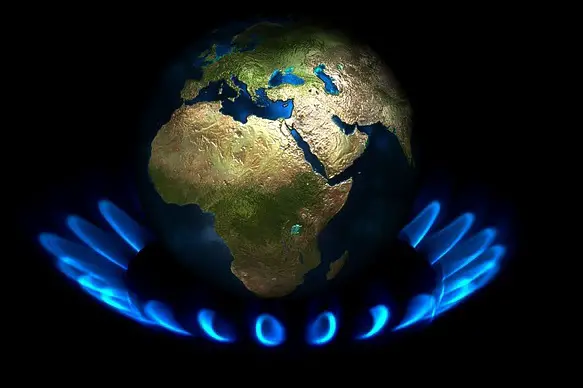The first package of emergency measures to tackle the rapidly growing energy crisis in Europe were approved by EU energy ministers on Friday.
Negotiated in under a month, the package will include a cap on excess power revenues, mandatory power savings, and a corporate profits levy.
The plan will require a mandatory 5% target reduction or electricity usage during peak hours, when gas plays a larger role in price-setting, as well as a 10% voluntary reduction in total electricity demand.
It also suggests that powerplants which do not use gas to produce electricity, such as solar, wind, hydropower, and lignite, see their revenues capped with a uniform €180 per megawatt-hour cap. All revenues that surpass the cap would be seized by the governments.
The measures also include a so-called “solidarity mechanism” which will impose a 33% levy on the profits of fossil fuel companies in the 2022 fiscal year, if profits increase by 20% or more compared to the average over the last three years.
The seized funds would then be reallocated to households and companies which the governments deem under financial stress. They would receive the funds as subsidies, reduced tariffs, or outright income support.
Jozef Sikela, the Czech Republic’s minister for industry and trade, said to reporters that although the package is decisive, further measures will be needed going forward. “We must not stop here. We are in an energy war with Russia. The winter is coming. We need to act now. Now means now,” Sikela said to Euronews.
Agnes Pannier-Runacher, his French counterpart, added, “Let me be very clear: we will have to go much faster, much further and make other proposals.”
The package is being introduced as EU inflation is soaring, and natural gas prices are skyrocketing amid the sabotage of both Nord Stream pipelines, and the potential shutdown of the TurkStream pipeline due to European sanctions against Russia.


